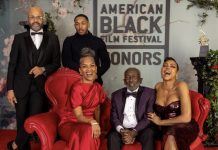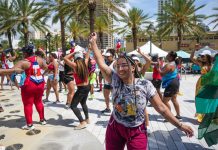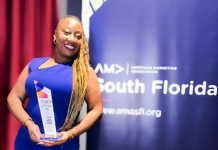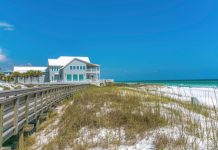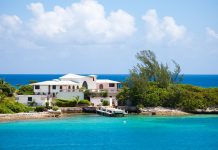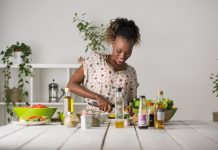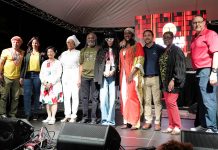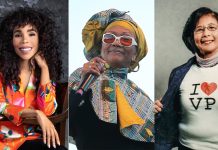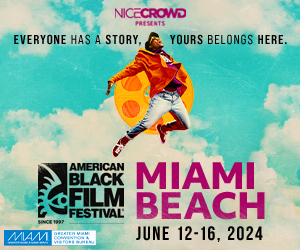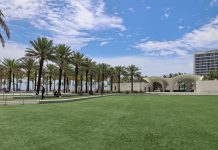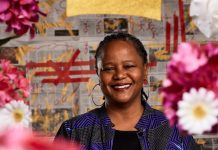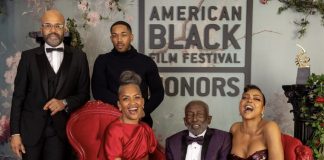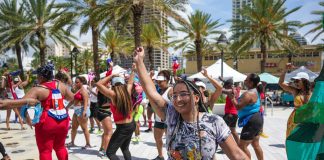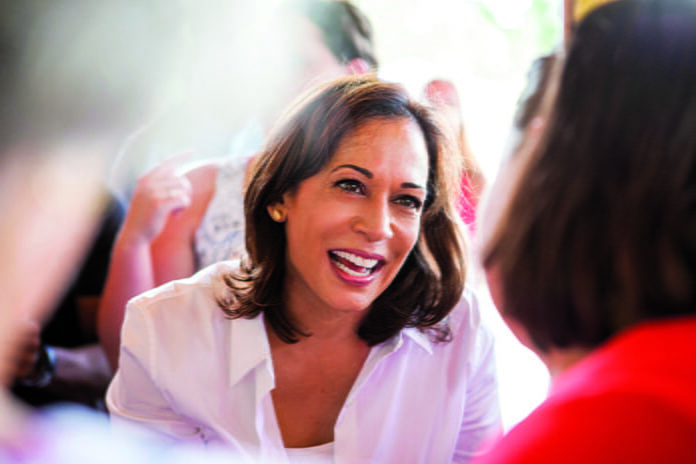
A proud daughter of immigrants and the most high-profile Black woman in American politics, Kamala Harris is at an extraordinary time in her life. She is walking into history as the first Black, Indian, Caribbean soror to become a vice-presidential pick in U.S. history. At this moment, for the Democratic party and for Caribbean-Americans, Kamala Harris is the golden child.
She has Caribbean ancestral heritage through her Jamaican father and Indian roots through her mother. This mixed East-and-West Indian heritage, combined with diverse life experiences, has no doubt given Harris a deep appreciation of the human tapestry she could soon represent at a national level. In summarizing her vision for the nation she said, “If we are to be a strong country if we are to reach the ideal, [then] we need leadership that recognizes the dignity and the value of each human being.”
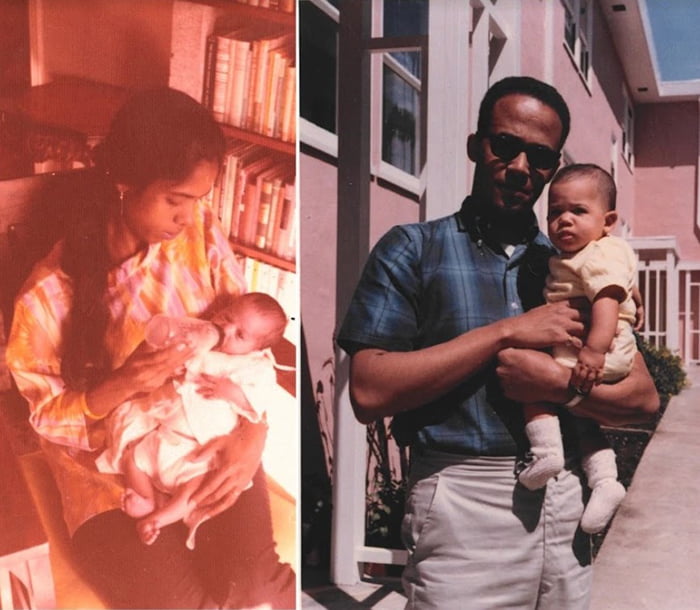
Now that she’s a contender in the race for the vice presidency, the many communities who claim her as their own are transfixed by the 2020 elections.
Caribbean Connections
The name Kamala means “lotus” in Sanskrit. Harris’ father, Donald, was born in St. Ann’s Bay, Jamaica, and grew up in Brown’s Town in the same parish. It was at the University of California in Berkeley, during his Ph.D. studies, that he met and married her mother, Shyamala Gopalan, a biologist then pursuing her doctorate in endocrinology. Harris herself was born in Oakland, Calif., and raised between the United States and Canada, spending occasional holidays with her paternal grandmother in Jamaica.
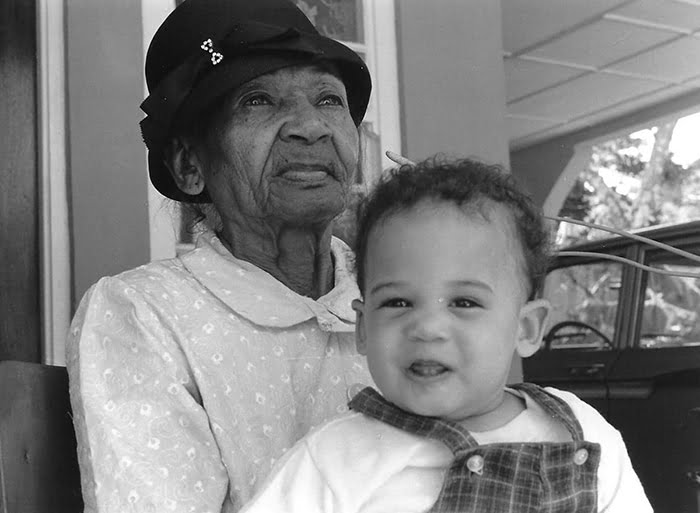
In an interview with attorney and community activist Marlon Hill, Harris recalled both her parents actively involved in the civil rights movement. “Their influence on me from the time of my birth has been about making sure I was part of that fight,” she said. One of the key lessons she learned from them would drive her love of the law. From their example, she still believes “we have to dedicate ourselves to the struggle for justice and equality.”
Her multicultural background has been a boon for the Democratic party, which continually seeks to expand its tent in the era of identity politics. And in the Caribbean community, the excitement is palpable. No sooner had Joe Biden announced her as his VP pick than memes about oxtail and curry goat on the White House menu began circulating in WhatsApp and Facebook timelines.
“I know that in America, her nomination has really lit aflame with Caribbean people,” remarked self-described “Jamerican” U.S. Congresswoman Yvette Clarke of New York. “Whether you’re first-, second-, third-, fourth-generation American, all of us can relate to wanting to see ourselves in leadership in our adopted home.”
Political activist and CEO of Blue Mahoe Capital Partners, David Mullings, see the excitement among West Indians. “It’s a reminder that we Caribbean people contribute to America,” Mullings said.
“It should also help to heal some of the divisions that exist about us not being Black enough or acting white. Kamala is a reminder that we really are ‘out of many, one people,’” he said, nodding to Jamaica’s national motto.
A Series of Tensions
The division’s Mullings mentioned are part of a complex undercurrent that runs through Black America. Caribbean Blacks and African Americans often see themselves and each other very differently. Unifying these groups has been a hot topic among civic-minded leaders who believe we are stronger together. Mullings remains optimistic that beyond the politics, Harris can mend fences at this socio-cultural level. “Certainly, it’s going to force us to talk about it and confront it in the open now, not behind closed doors,” he said.
Acknowledging the current racial tensions in America, Hill, the activist, and attorney, also believes her election would move the narrative in a positive direction. “She is a woman for some who may not be Black enough and for some too Black. We need to let her be who she is and to demonstrate what she is giving of herself, which is the best in America.”
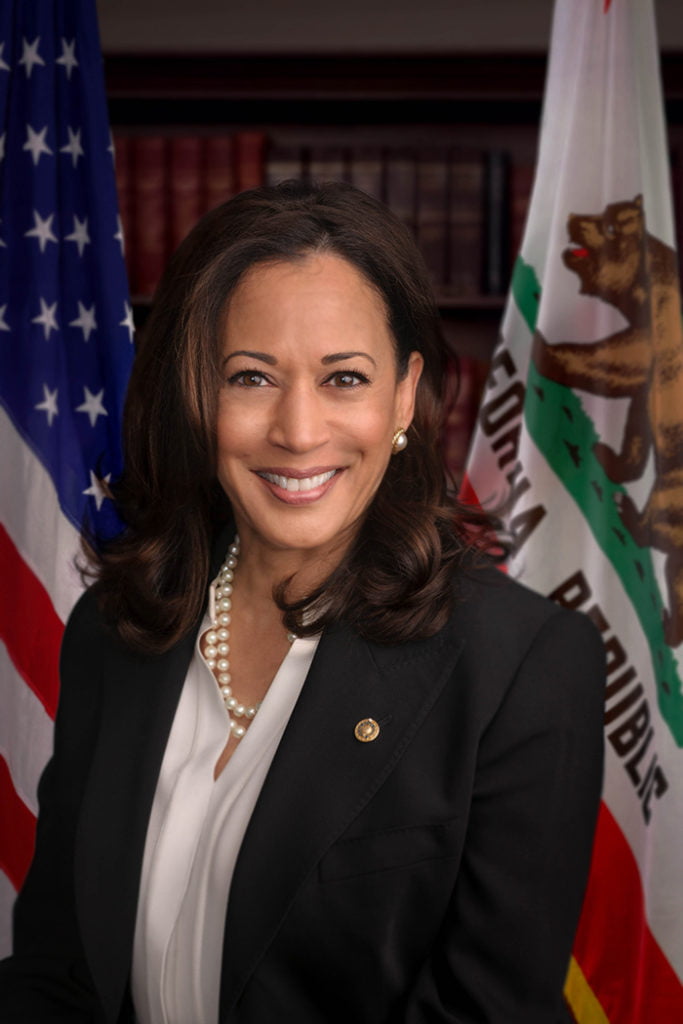
The tension among Blacks of varying origins and skin tones is as complicated as that between liberals of various progressive stances within the Democratic Party. On one hand, the party seeks to be welcoming and inclusive. On the other, its supporters seem to over-police intricate details of their leaders’ lives. At times, their judgments appear counterproductive to the party’s ultimate goal of electoral victory. So for many, while Harris’ diverse background is attractive, her tough-on-crime prosecutorial record is a bitter pill to swallow.
Harris began her career as a district attorney in California before being elected state attorney general in 2010. Working in the American criminal justice system revealed the less-than-level playing field for people of color. Some believe that Harris spent years at the helm as part of the problem, handing down stiff penalties for minor offenses. During her tenure as attorney general, however, Harris launched OpenJustice, an initiative creating accountability for California’s legal system and increasing transparency to the public.
Hill believes her years of experience guided her toward a more even hand and that she should be measured by more recent actions and accomplishments. “We should be allowed some leeway to evolve and learn, and to embrace issues that may have been counter to who we were in the past,” he said.
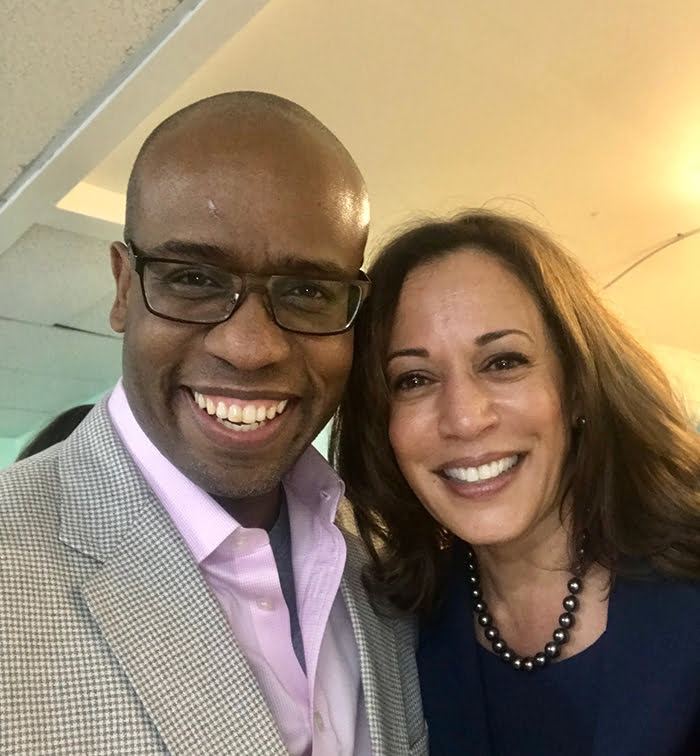
Her direct, no-nonsense approach is seen as an asset by supporters, including Mullings. “We need somebody who can go out and set the stage and just hit some people hard,” he argued. “She has proven more than capable of holding her own and crushing people with just the facts.”
We saw this side of her during the 2019 judiciary committee hearing, where she fiercely questioned U.S. Attorney General William Barr about his handling of the Mueller report, and again in her blistering remarks during the impeachment trial of President Donald Trump in January 2020.
As Senator, Harris sponsored or co-sponsored progressive legislation that supports civil rights issues. This includes reuniting immigrant families separated at ports of entry, decriminalizing cannabis, establishing a COVID-19 racial and ethnic disparities task force, and reforming law enforcement. The Justice in Policing Act of 2020, which she and colleagues in the House introduced in July, would ban chokeholds; prohibit racial, religious, and discriminatory profiling; and give attorneys general more power to investigate police wrongdoing.
“Before she was running for vice president, she had an affinity for addressing issues specific to the Black community,” Clarke observed. “And, in the era of Black Lives Matter, her lens provides entree into those spaces in a new way because it’s articulated through her lived experiences.”
On the Shoulders of Women
Clarke compared her fight, and that of Harris, to Nanny of the Maroons, the Jamaican national hero who successfully led rebel troops against their British colonial oppressors before emancipation. Unlike Nanny, Harris has taken the path of tackling the system from within.
She stands on the shoulders of trailblazing Caribbean-American women in politics. Those like Congresswoman Yvette Clarke and her mother Una, both leaders in Brooklyn, N.Y. And like Shirley Chisholm, the daughter of Caribbean immigrants, who became the first Black woman elected to Congress in 1968, and the first to run for president. Their work to improve resources for inner-city residents in their districts is at the heart of the fight for equality Harris brought to a national level in the Senate.
The women of color who hold her up extend far beyond West Indians. Harris is a member of the oldest Black sorority in the United States, Alpha Kappa Alpha. Her nomination has spurred legions of sisters to action. “Beyond her sorority and her university, there are networks of Black sororities and HBCUs that see themselves in a Kamala Harris. I happen to be a member of Delta Sigma Theta Sorority,” Clarke said. And they’re equally fired up.
Certainly, her multi-racial and multicultural identity will pull more voters from ethnic-minority communities and likely from among women voters as well. Looking toward the office she hopes to occupy, Harris sees the role of the vice president as a partner to the president, supporting their shared agenda. “For us, the agenda is about building America back better. It’s about making sure that all people are treated with dignity and respect and unifying the country. And I’m looking forward to doing that work.”
Five Questions with Kamala
(From her interview with Marlon Hill on the Caribbean Riddims Radio Show)
Name your favorite secret ingredient in the kitchen: Scotch bonnet pepper.
Momala’s number one rule: Have a second plate.
Favorite Jamaican dish: Oxtail stew with butter beans.
Favorite life ingredient: Love.
Call to action: Vote early and make a voting plan. Know what the ballot looks like and how to fill it out properly before you go. And text JOIN to 30330 to join the Biden-Harris mobilization campaign.



